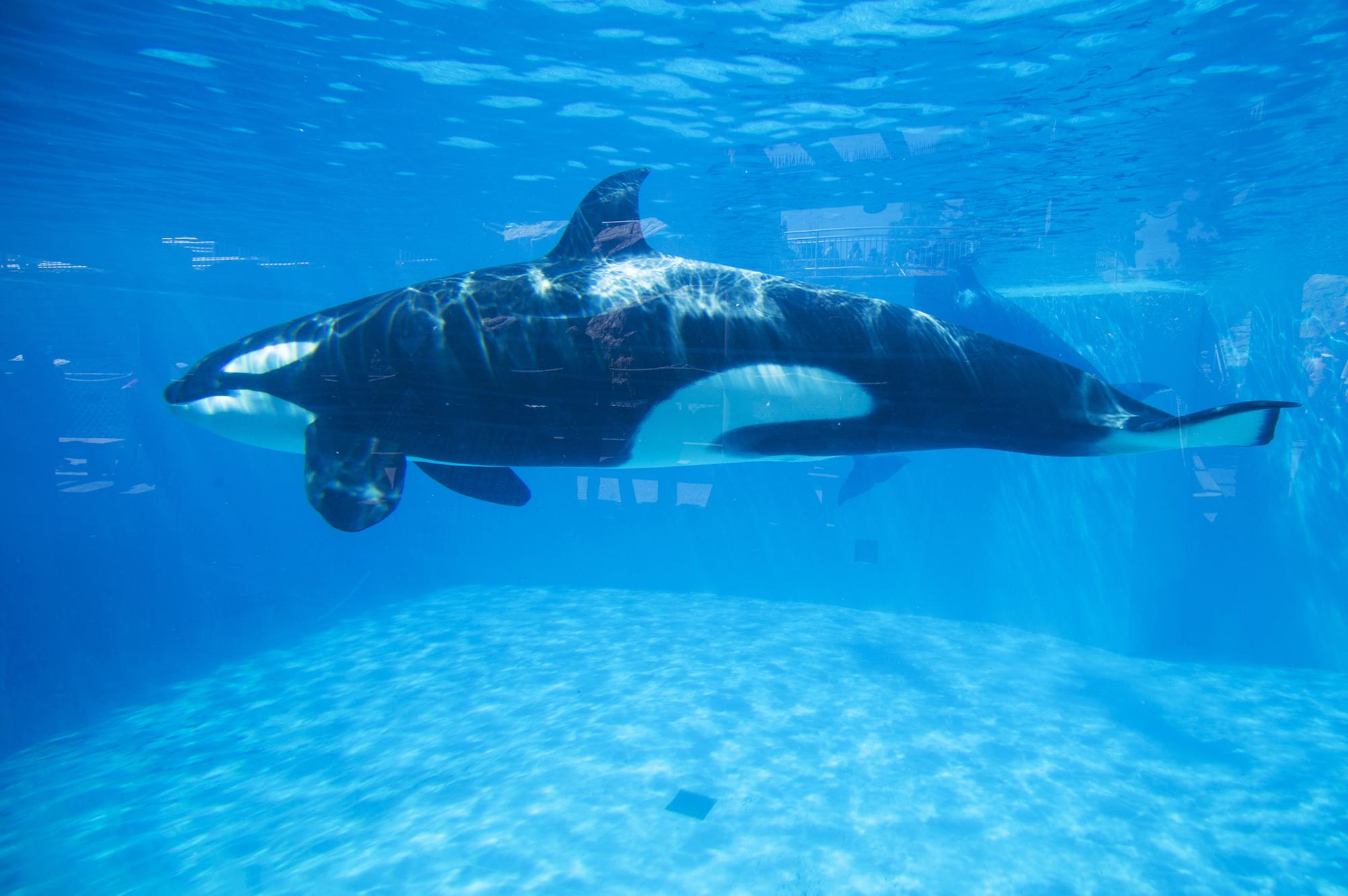11 Dec 2024

Tired Earth
By The Editorial Board

The killer whale, known as J35 to scientists monitoring the population in the Pacific Northwest, was spotted swimming without the infant balanced on her head for the first time since July.
“J35 frolicked past my window today with other J pod whales, and she looks vigorous and healthy,” Ken Balcomb, of the Centre for Whale Research, told The Seattle Times. “The ordeal of her carrying a dead calf for at least 17 days and 1,000 miles is now over, thank goodness.”
The 20-year-old whale, also known as Tahlequah, is an important member of the critically endangered southern resident orca population. Her relative youth age means she could have years of reproductive ability ahead of her.
But the death of her daughter triggered a grieving process that took longer than any other documented case among killer whales, with Tahlequah carrying her infant night and day, and diving deep underwater to bring the body back to the surface when it slipped off her head.
“She is alive and well and at least over that part of her grief,” Mr Balcomb added. “Today was the first day that I for sure saw her. It is no longer there.”
It is not known if Tahlequah finally let the corpse go, or if the body simply began to fall apart – it was beginning to decompose when spotted earlier this week.
The mother’s grief has captured the attention of the world and helped to illustrate the existential threat facing Tahlequah’s pod.
The calf was the first in three years to be born into the dwindling population of southern resident killer whales, which number just 75.
Animal rescue teams have launched an unprecedented attempt to save another orca in the pod, called J50, who is dangerously thin due to a lack of the whales’ most common food source — Chinook salmon.
On Friday, wildlife biologists loaded up two boats with live salmon and rushed to waters off Washington state’s San Juan Island, preparing if needed to test-feed the four-year-old whale.
The whales continue to face a number of threats to their existence, including lack of prey and noise from boats interrupting their foraging behavior.
Source : www.independent.co.uk
Comment